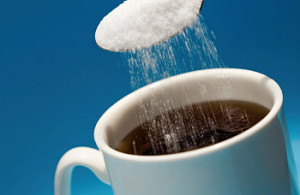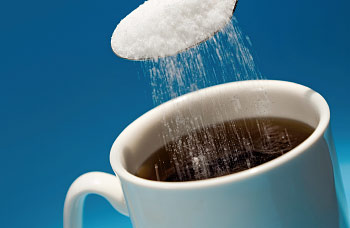Transparency is extremely important to us, so we are letting you know that we may receive a commission on some of links you click on from this page. See our disclaimer.
 It's a long debate: Sure, sugar is bad; but aren't artificial sweeteners worse?
It's a long debate: Sure, sugar is bad; but aren't artificial sweeteners worse?
The Upshot takes on the issue with a clear conclusion: “In the last few years, I’ve watched a continuing battle among my friends about which is worse for you: artificial sweeteners or sugar. Unless you want to forgo all beverages that are sweet, you’re going to run into one of these. Rather than rely on anecdote or myth, we can inform this debate with research.”
“The available evidence points to the fact that there appears to be a correlation between sugar consumption and health problems; none can be detected with artificial sweeteners.”
The piece is written by Aaron E. Carroll, a professor of pediatrics at Indiana University School of Medicine who blogs on health research and policy at The Incidental Economist, He reviews the history of saccharin, aspartame, sorbitol and mannitol. The piece states: ” In normal use by most people, though, all of the approved artificial sweeteners are safe.”
The author reviews the risks surrounding sugar. Readers of Wellness Works Hub know those well.
Interestingly, Carroll concludes by answering his friends' question to him: Does he put his money where his mouth is? His answer: “I do. My wife and I limit our children’s consumption of soda to around four to five times a week… It’s also almost always sugar-free. There’s a potential, and probably real, harm from consuming added sugars; there are most likely none from artificial sweeteners.”
In related news from overseas, BBC News reports that “Having regular sugary drinks may increase the chance of developing type 2 diabetes, even for slim people, researchers say.”
“And they suggest that cutting down on sugar-sweetened beverages could make a dent in the number of people developing diabetes in the UK. Other experts, however, warn that being overweight and inactive are likely to play a stronger role in the disease.”
The piece is based on a new study in the British Medical Journal: “Consumption of sugar sweetened beverages, artificially sweetened beverages, and fruit juice and incidence of type 2 diabetes: systematic review, meta-analysis, and estimation of population attributable fraction.”





0 Comments